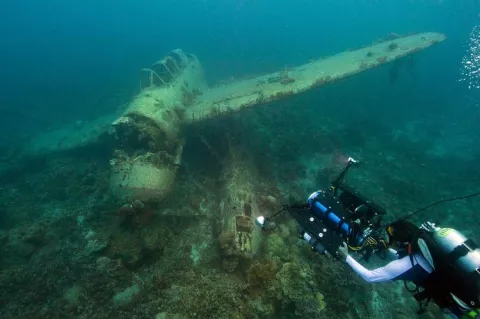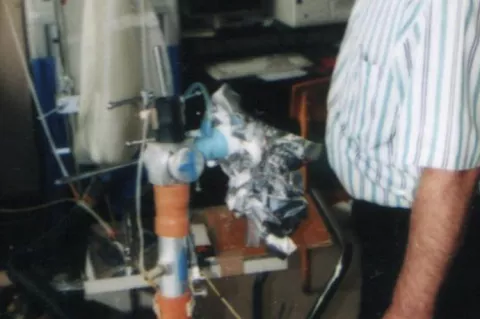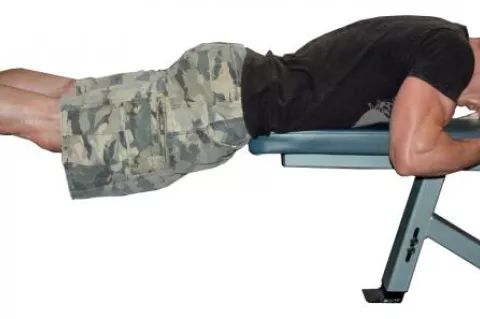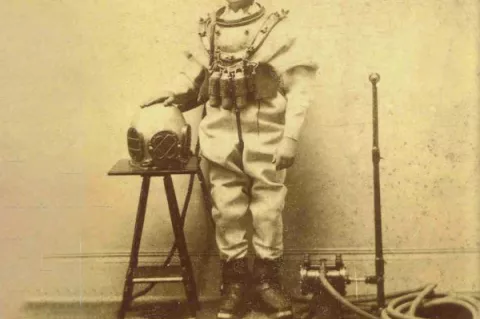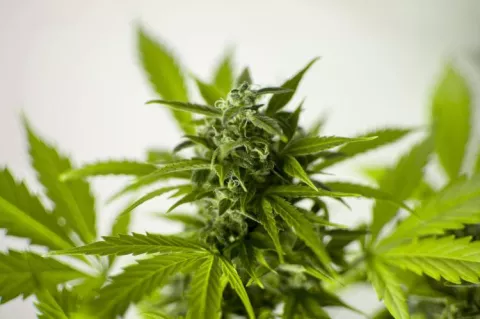Why is Scientific Diving Safer?
Scientific diving appears to be one of the safer forms of diving, a recent study of incidences of decompression illness over ten years has found. This safety seems to be facilitated by a combination of relatively high levels of training and oversight, the predominance of shallow, no-decompression diving and, possibly, low peer or institutional pressure to complete dives under less than optimal circumstances.

